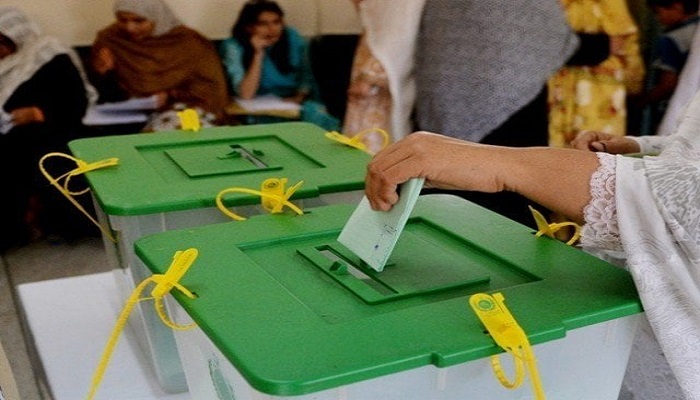ISLAMABAD: 54 amendments have been encompassed in the proposed Election Act 2023 Bill, which was on Tuesady deferred by the Joint Session of Parliament till the next sitting .
The contents of the newly revealed Election Act 2023 Bill have been disclosed, featuring 54 amendments that seek to enhance the electoral process, guaranteeing a just and transparent democratic procedure. Notably, one of the significant amendments involves strengthening the caretaker government by making alterations to Article 230. This revision grants the caretaker government the authority to engage in agreements with foreign nations and international organizations, enabling them to make important decisions that serve the nation’s economic well-being.
One significant amendment is the inclusion of sub-clause 2A in Article 230, which will grant the caretaker government additional powers to take necessary actions for the country’s economic well-being. This includes measures related to international organizations and agreements with foreign governments.
Additionally, several amendments have been proposed to streamline the electoral process and ensure efficient handling of results. According to these amendments, the Presiding Officer will be required to promptly send the election results to both the Election Commission and the Returning Officer. In case of no internet facility, the Presiding Officer will be obligated to deliver the actual results physically.
To expedite the results announcement, the Presiding Officer will be bound to provide the results by 2 pm on election night. In case of any delay, concrete reasons must be provided, and the Presiding Officer will have a deadline of 10 am the following day to submit the election results.
The Election Commission will also face new responsibilities, as they will be required to address complaints one day prior to the polling day. Furthermore, NADRA (National Database and Registration Authority) will be mandated to provide updated ID card records to the Election Commission. Candidates, on the other hand, will be required to take an oath on the National Assembly or Senate seat within 60 days; failure to do so will result in the seat being considered vacant.
In terms of electoral boundaries and polling station arrangements, certain amendments have been proposed to ensure fairness and transparency. The polling station cannot be changed within 5 days of the polling day, and candidates are permitted to use their existing bank accounts for election expenses. Delimitation will be based on an equal number of registered voters, and this process must be completed four months prior to the election schedule announcement. The number of registered voters in all constituencies will be equal, with a permissible difference of not more than 5%. Complaints against constituencies can be filed within 30 days.
To enhance transparency during the electoral process, the Election Commission will publish details of polling staff on their website. Polling staff members will not be assigned duties in their respective tehsils during the elections. Additionally, the installation of cameras in polling stations will ensure the secrecy of votes.
Candidates will have the opportunity to challenge the establishment of a polling station with valid reasons. Moreover, within three days of the final election results, political parties must provide the final priority list of specific seats. The spending limit for a National Assembly seat will range between Rs. 40 lakh and Rs. [amount].
To ensure accountability, criminal action will be taken against the Presiding and Returning Officers in cases of negligence. The Code of Conduct violations will be addressed within 7 days instead of 15, and the final list of polling staff will be uploaded on the Election Commission’s website. In case of objections, candidates can challenge the appointment of polling staff in the constituency within 10 days.
Lastly, security personnel will be deployed outside the polling stations, and in emergencies, they will be allowed to enter the polling station with the permission of the presiding officer.



















